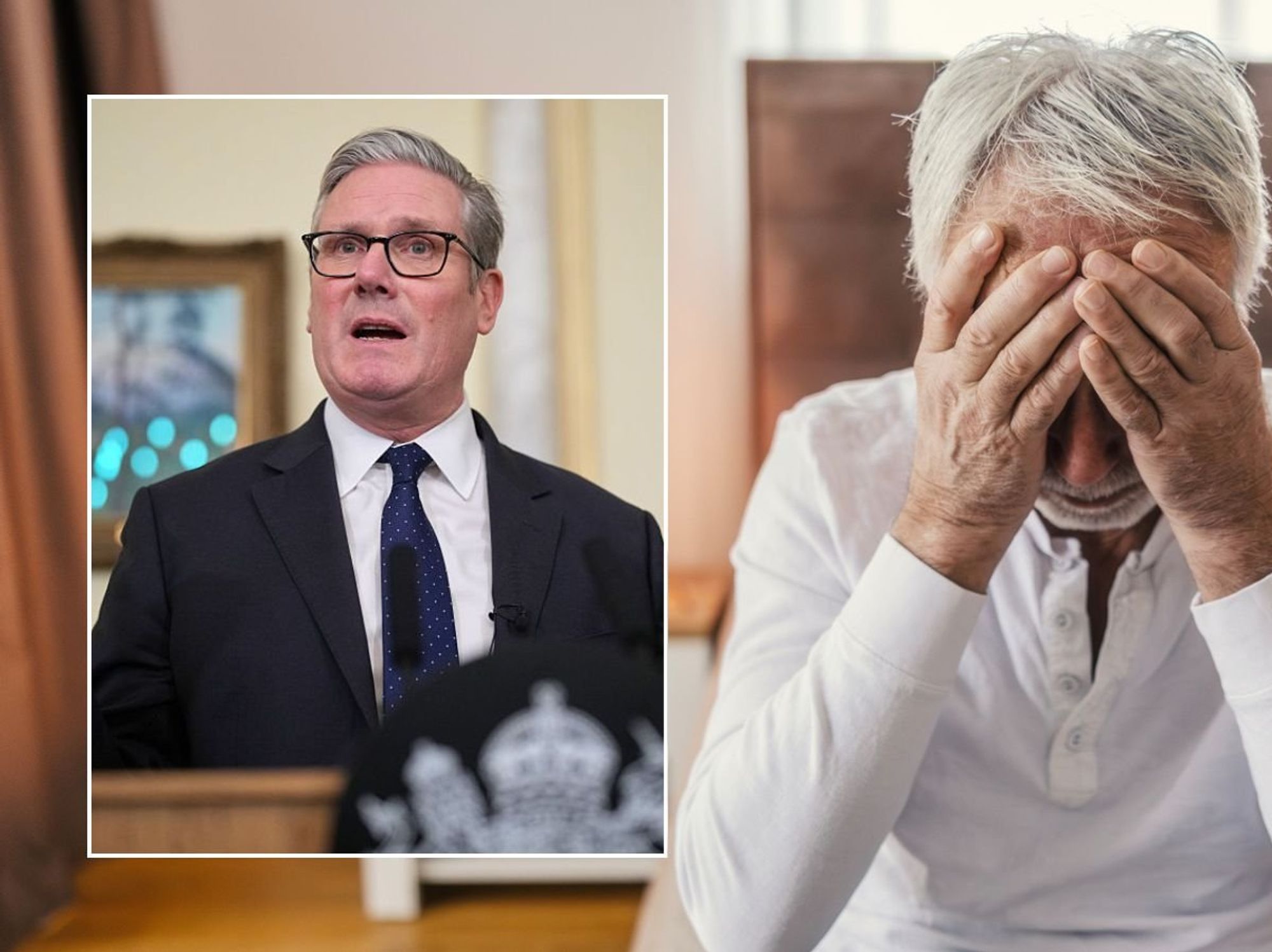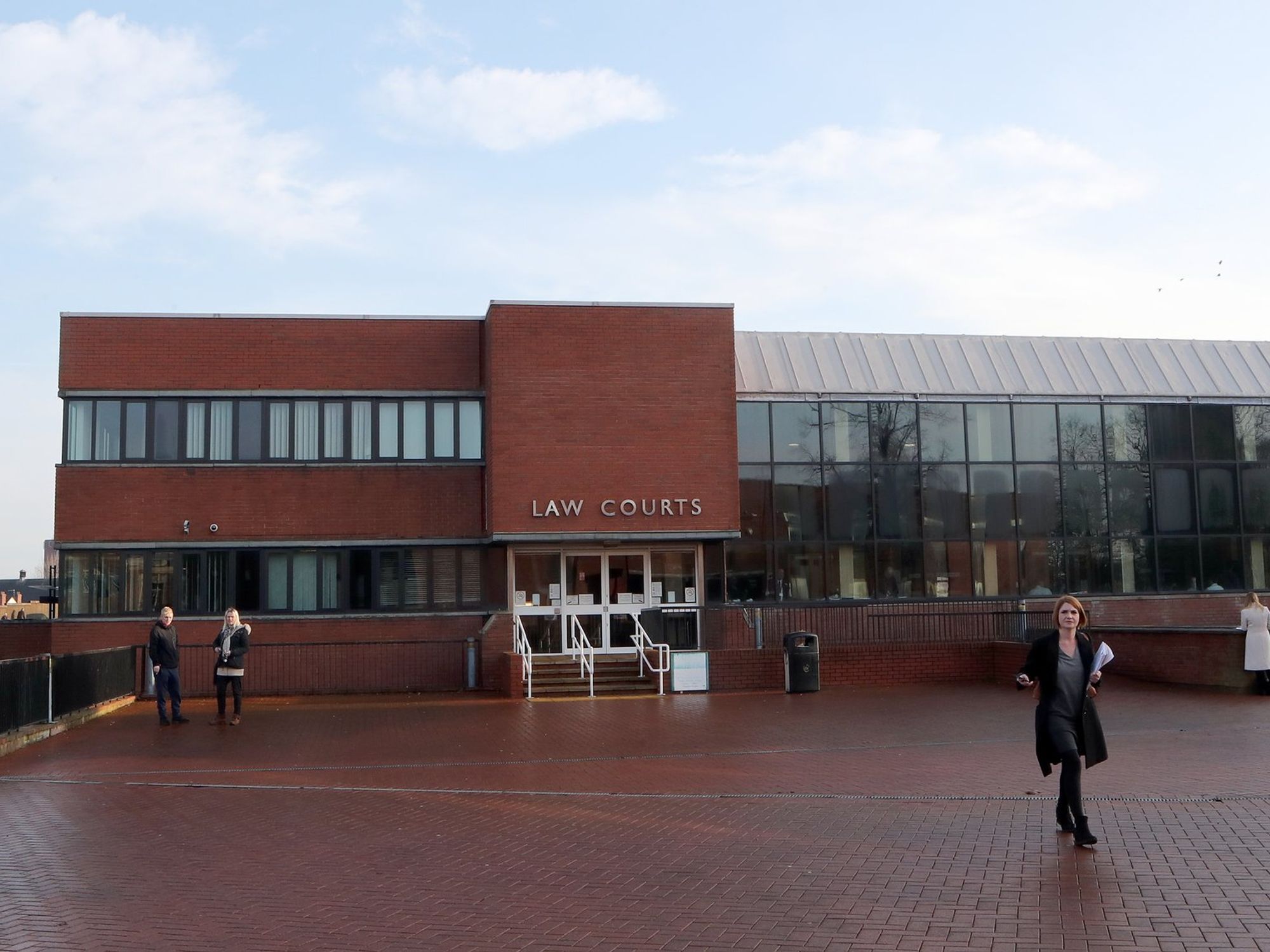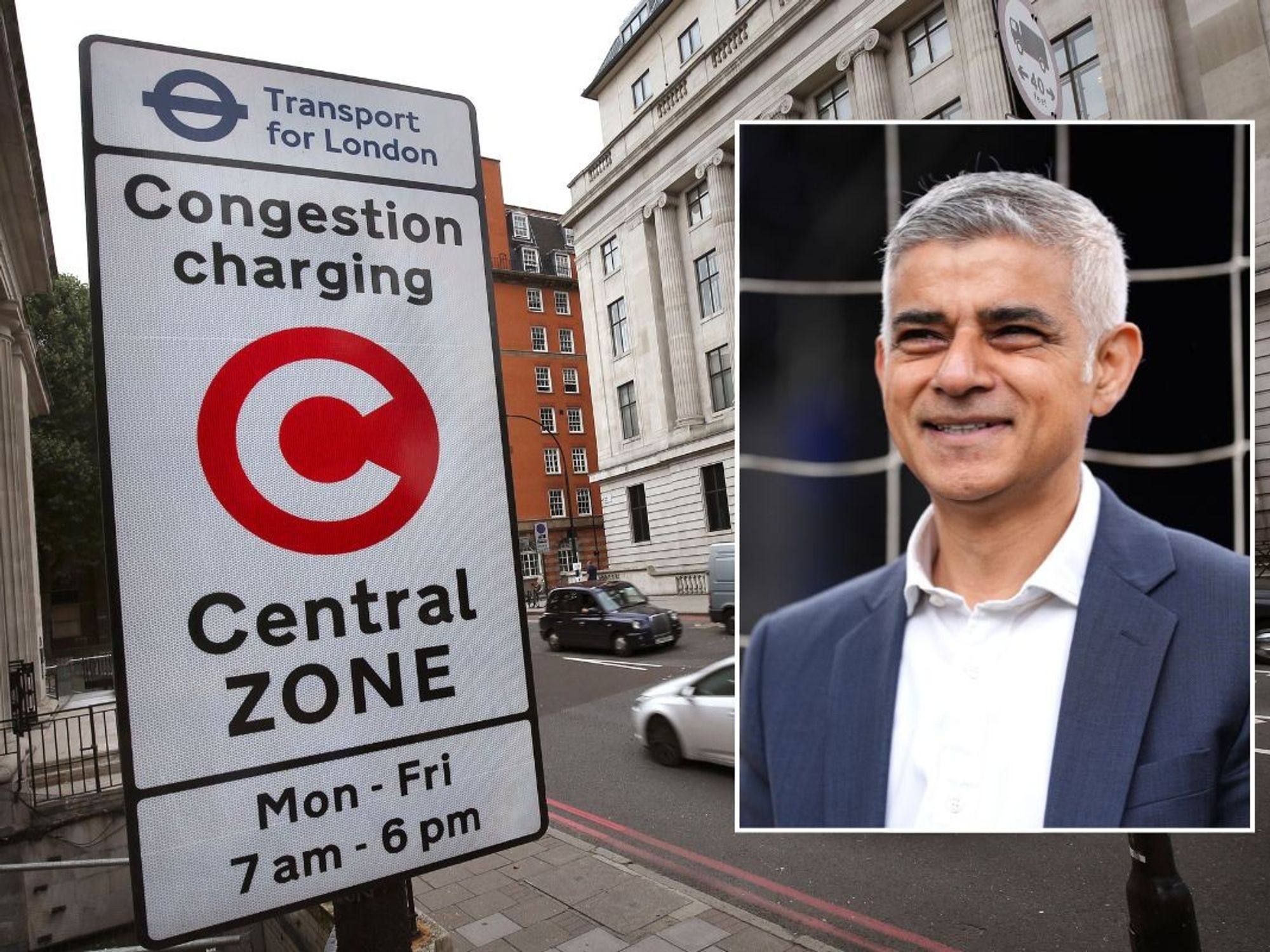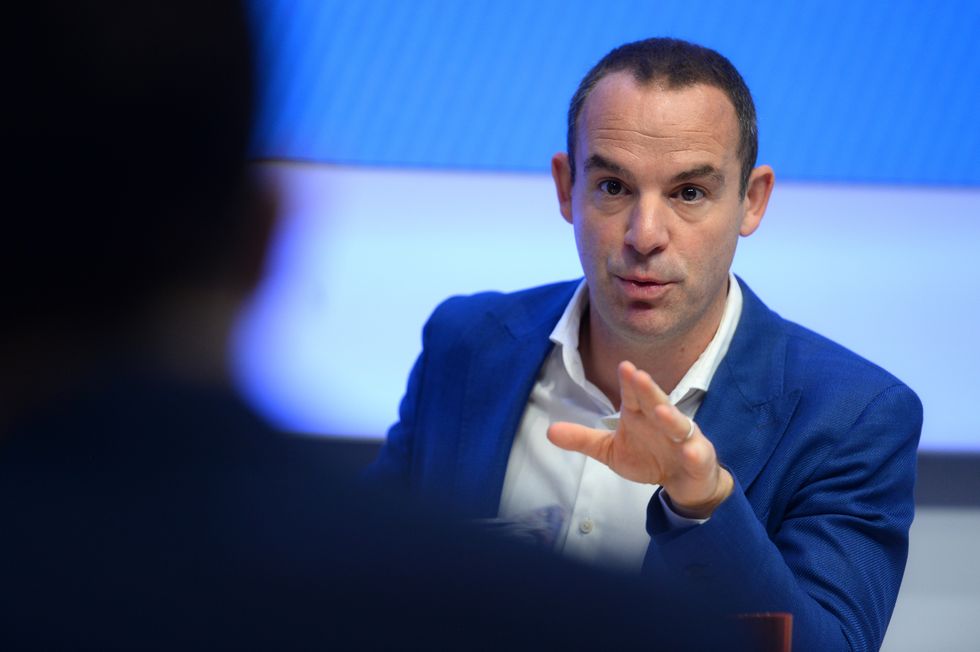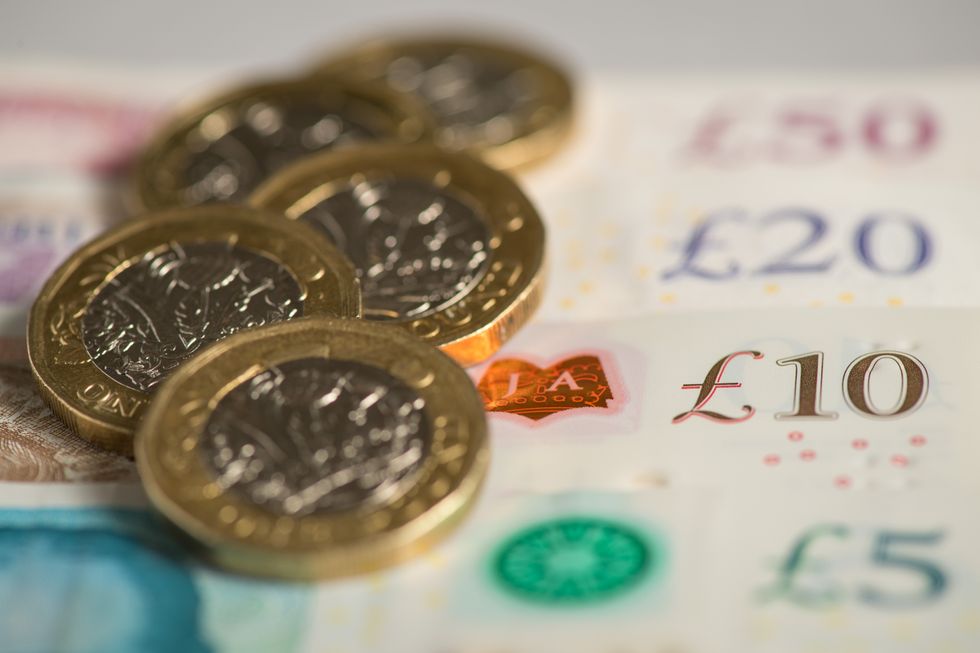Martin Lewis offers energy tip that could save Brits money: 'Absolute no-brainer'

The MoneySavingExpert has offered Brits a tip that may provide some respite during the cost-of-living crisis
Don't Miss
Most Read
Latest
Martin Lewis has outlined a simple trick that could save homeowners £100 on their heating bill.
The MoneySavingExpert (MSE) says a significant amount can be saved by checking the "flow temperature" on the boiler.
This is the temperature that your boiler heats water up to before it is sent off to radiators around your home.
Mr Lewis explains that your boiler should be set at 60°, but most are at a much higher temperature.
Martin Lewis
Kirsty O'Connor
Martin Lewis has outlined a simple trick that could save homeowners £100 on their heating bill
Dominic Lipinski
“You normally want it to be around 60° but most peoples boilers are set higher - that’s really inefficient,” said Martin.
“You can turn this down, it won’t affect the heat in your house, it’ll still be the same temperature.
“It won’t affect your hot water temperature - it might take slightly longer to get up to the maximum temperature.
“But it can cut £100 a year off your bill and is well worth everyone doing.
“This is an absolute no-brainer and everyone with a combi boiler should be trying this.”
On ITV's Martin Lewis Money Show Live, a success story was shared by a viewer who had managed to save a significant amount on their bill thanks to the advice.
“His boiler had a high temp of 85° - he now has a boiler flow temperature of 60° which works just as well and saves money,” Angellica Bell explained.
Martin says using MoneySavingExpert.com will advise you in how to lower your boiler flow rate.
The presenter also said turning down your thermostat by 1° could also result in a healthier bill, if able to do so.
He said: “The World Health Organisation says 18° is fine for healthy adults. Younger, older or ill, you might need more.
“It’s not for me to tell you what to do but I’d like you to try reducing one degree. So say you’re at 21°, try reducing to 20°.“
The MoneySavingExpert says this could cut heating bills by 10 percent.







